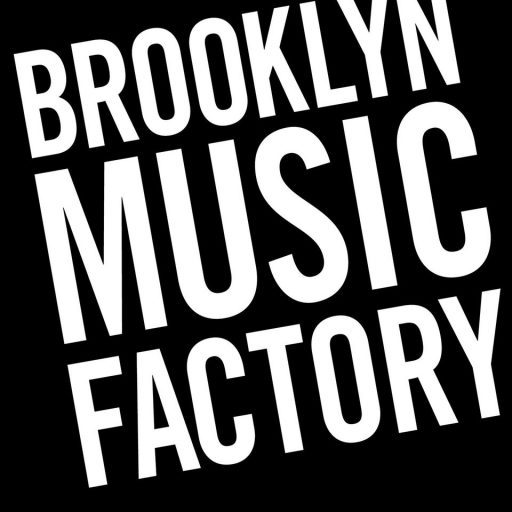What does Lebron James have to do with music education? Why, you ask, is he my musical hero?
It’s simple. Musicians are like athletes because—just like athletes—they need both body awareness (fine motors skills) AND sharp minds (knowing what to do with those fine motor skills under extreme conditions) to excel at their craft.
Lebron James—a power forward who can shoot three-point shots like a guard and plow through the lane, scoring at will—is my musical hero because he, better than most, can show us how to do it.

Yes, Musicians & Athletes Are Similar
Lebron embodies what all great musicians strive for:
- An extremely well developed body awareness that comes from very refined motor skills
- An agile mind that can react in real time to any number of given situations under pressure
In short, Lebron has what every mature musician needs:
- The confidence to make thousands of choices while playing
- The facility on the instrument to make executing those choices look effortless
Even more important? At the foundation of Lebron’s skill and ability is an infectious level of passion for both the pursuit (the learning process) and the product (the game itself) of his sport.
Three Categories of Learning
So let’s draw a few comparisons between Lebron James and music… and how exactly this thinking can be applied to music education. I like to break it down into three categories of learning:
1. Music Ear
2. Music Mind
3.Music Body
Music Body
![]()
We’ll start here because it’s the most visible piece of the puzzle and is probably the easiest one for most people to understand at first.
Music Body = Technique
Technique is everything from the ability to strum a chord progression in multiple keys to the ability to play three different scales during a guitar solo. Here is the key… Knowing how to play that chord progression, while also staying aware of how your body feels, is what ultimately makes it possible to maintain technique for long stretches of time (like the length of an entire show or recital).
Music Mind
![]()
This is the theory (or the building blocks) behind those chords and scales that you executed with that technique. The Music Mind is where many many musicians fall way short.
Maybe you can play a fast scale on the guitar, but you have no idea why you are choosing those notes or even why they ‘sound good’ over a certain chord progression.
All great composers and songwriters have strong music minds. They have the know-how and the knowledge to make the educated choices needed to create specific sounds.
And let’s be clear: This is true whether we are talking about Tom Petty or Mozart.
Music Ear
![]()
This is pretty self explanatory, even though it’s the most neglected piece of music education. Sometimes called your ‘inner ear,’ this is the skill you need to be able to hear something in your head and then make it happen on your instrument.
It’s also what makes it possible for you to read notes on a page (sheet music, for example) and understand and hear those in your head before playing them on the instrument.
The Music Ear is actually THE most important skill all musicians need, yet it’s often the last one tackled. (Usually music students aren’t challenged to develop their inner ears until high school or college.
No cutting corners….
All three areas of growth are required to have any shot at becoming the Lebron of music.
Skip technique and you will be laughed off the court.
Skip the ear and mind work and you will have no idea what to do with all that technique on the court.
As a basketball player, a masterful three-point shot does you no good if you can’t read the court, run a play, or know exactly when to pull up and shoot.
Fast does NOT equal good…
As a musician, blazing fast scales on the guitar do you no good if you don’t know when to use that scale or how to listen to and communicate with the rest of the band, waiting for the perfect moment to place that guitar lick.
How Can I Help My Child Develop a Musical Mind, Ear and Body?
So where am I going with this? It’s important to support your child’s musical interests in many ways, not just asking if they playing the “correct” notes! Playing music is about so much more than reading the notes on the page. It’s the full package: passion and creativity, technique, playing on a team with others (or in a band!), and finding your individual voice. (And don’t forget FUN.)
At BMF, our answer to developing a music mind and music ear in a super fun way and early in your music education journey is through playing games.
Instead of waiting until high school or college to start developing the Music Ear with ear training, we dive in with our youngest students, so they can begin to learn music as a language, right from the start.
Each and every one of our games—called BLAM games: Big Lesson About Music—do just that: teach a BIG lesson about music, whether it’s strengthening harmony, rhythm or melody, or flexing your child’s creative Music Mind with songwriting.
We believe that every kid deserves to dream of becoming the next Lebron James of music. And they should also have a ton of fun while doing it!
Let’s give them all the tools needed to have a shot at their dreams!

